In the dynamic landscape of digital agency life, knowing when and how to scale your team can be the difference between growth and burnout. BugHerd CEO Stephen Neville hosted a panel discussion with key Codeable experts to discuss a topic that’s top of mind for many agency owners - how to leverage freelancers (also referred to as contractors) to run successful web development projects.
Codeable is a global organization that connects agencies with pre-vetted, expert WordPress developers to help them build, customize, and optimize their websites efficiently. They are experts in the freelance industry.
Panelists Shanta Nathwani (Project Manager), Elson Ponte (Front-end Developer & Co-Founder @ Sevenscope), Marius Vetrici (Founder of WPRiders agency), and Hudson Atwell (Client & Partner Success Manager) brought a wealth of real-world experience to the table, sharing insights on everything from onboarding and scope management, to pricing models and long-term collaboration.
Here are the top highlights:
When is the right time to hire a freelancer?
The freelancer/employee balance is key to sustainable growth, and knowing when to hire a freelancer can make all the difference. Bringing in freelance talent is especially valuable when your agency is facing a surge in project demand but isn’t ready to commit to a full-time hire. It’s a smart move when you're scaling up, testing new service offerings, or need access to niche skills that your internal team doesn’t have.
A 50/50 blend of employees and freelancers gives you the flexibility to adapt to shifting workloads, helping you navigate the feast-or-famine cycles that often come with agency life.
Freelancers allow you to take on more work without the long-term overhead, while still delivering high-quality outcomes for your clients. In short, the right time to hire a freelancer is when you need to grow, without stretching your core team too thin.
Treat freelancers like part of the team
If you want the best out of your freelancers, treat them like colleagues. Freelancers bring agility and creativity but, as with all employees, thrive best when expectations, communication methods, and deliverables are clearly outlined.
Access to the same Slack channels, onboarding process, and company values is imperative. You attract and retain better talent when they feel part of something bigger.
Freelancers gravitate toward clients who are organized, responsive, and respectful and that’s how you earn their long-term loyalty.
Red flags & green flags when hiring freelancers
So what should agencies look for when evaluating talent?
Green flags:
- Strong communication skills
- Willingness to engage in discovery before quoting
- A clear project management process
Red flags:
- Vague or overly confident answers during scoping
- Inflexibility or lack of curiosity
- No documented process for change requests or project updates
Ultimately, evaluating freelance talent goes beyond technical skills, it’s about finding people who are thoughtful, transparent, and aligned with how you work. Green flags signal a freelancer who’s invested in delivering real value, not just ticking boxes. Red flags, on the other hand, often hint at future misalignment or communication breakdowns.
Taking the time to assess these traits early on can save you from costly setbacks later and help you build a reliable, long-term network of expert collaborators.
Managing scope, change, and communication
It’s crucial to build in a change management process from day one, including clear documentation and decision-making authority when scopes shift during a project, and a ‘change buffer’ in budgets where possible.
When in doubt, jump on a call. Fifteen minutes on Zoom can save days of back-and-forth, humanizes everyone, and helps keep things constructive.
What pricing models work best?
Fixed cost vs time-and-materials? The panel agreed both have their place.
For clearly defined scopes, fixed pricing works well (ideally preceded by a paid discovery session). For longer-term or ongoing work, retainers or time-based models may be more appropriate.
Either way, don’t lowball. Fair rates foster mutual respect and better outcomes.
If the project is big enough, agencies should pay freelancers a ‘discovery’ fee to ensure proper scoping and alignment before the build begins. This enables them to look into your project in more depth and make recommendations. And if after that discovery session you don't agree, you shake hands and you part ways.
But then at least you, as the agency, have perhaps gained some insight that you didn't have before, and that may be in the form of a scope of work, or even some recommendations about a particular plugin.
Tools that drive great collaboration with freelancers
While tools vary from team to team, a few kept popping up during the discussion:
- BugHerd – For client website feedback and visual QA
- Figma – For design collaboration
- Asana & Harvest Forecast – For task and resource planning
- Slack – For day-to-day communication
- Calendly – For easy scheduling
In the end, tools are only as effective as the communication behind them. Whether you're using Slack or Asana, BugHerd or Figma, success comes down to setting clear expectations, responding promptly, and fostering a culture of collaboration.
The right tech stack can streamline workflows, but it's open, respectful, and consistent communication that truly drives projects forward.
Final tips from the panel
The session was wrapped up by asking each panelist to share their one piece of advice for agencies working with freelancers.
Shanta Nathwani: Trust your experts, but ask smart questions. Know your goals.
Elson Ponte: Start small, build trust, and scale from there.
Marius Vetrici: Treat contractors like full-time teammates - equal access, equal expectations.
Hudson Atwell: Problems happen. Solve them with transparency, respect, and a quick Zoom call.
Together, their advice reinforces a simple truth: successful freelancer relationships are built on clarity, trust, and a genuine commitment to collaboration.
Catch the full webinar replay and learn how to build stronger freelance partnerships, manage projects more effectively, and scale your agency with confidence.
Want help finding the right freelance experts?
Codeable offers a curated pool of vetted WordPress and software development professionals who can help with everything from plugin development to performance optimization, and even full project management.
Reach out to the Codeable team and they will help match you with the right expert.
And if you’re managing freelancers and want to simplify the whole website feedback process, check out BugHerd - the world’s easiest visual feedback tool.




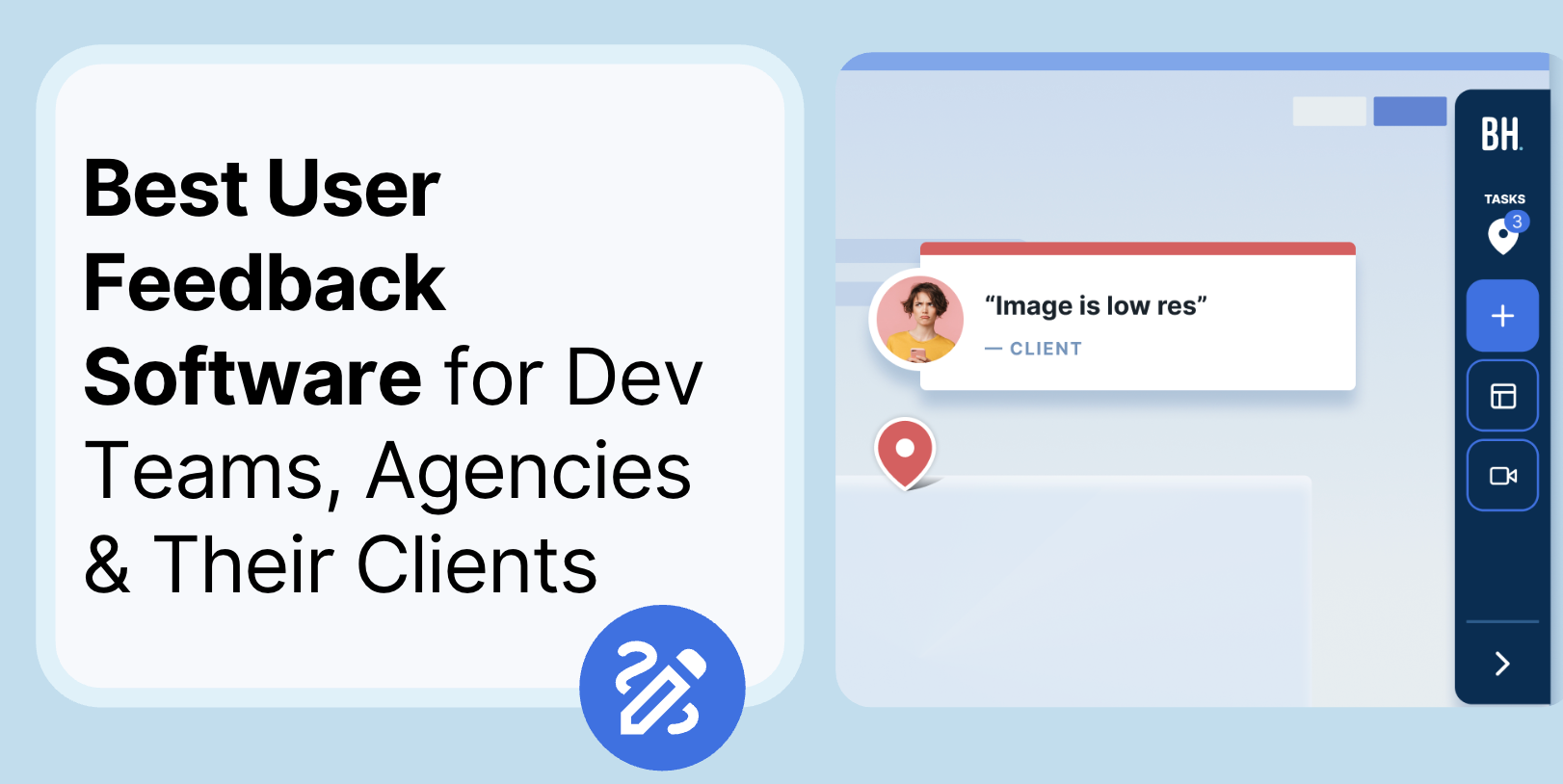

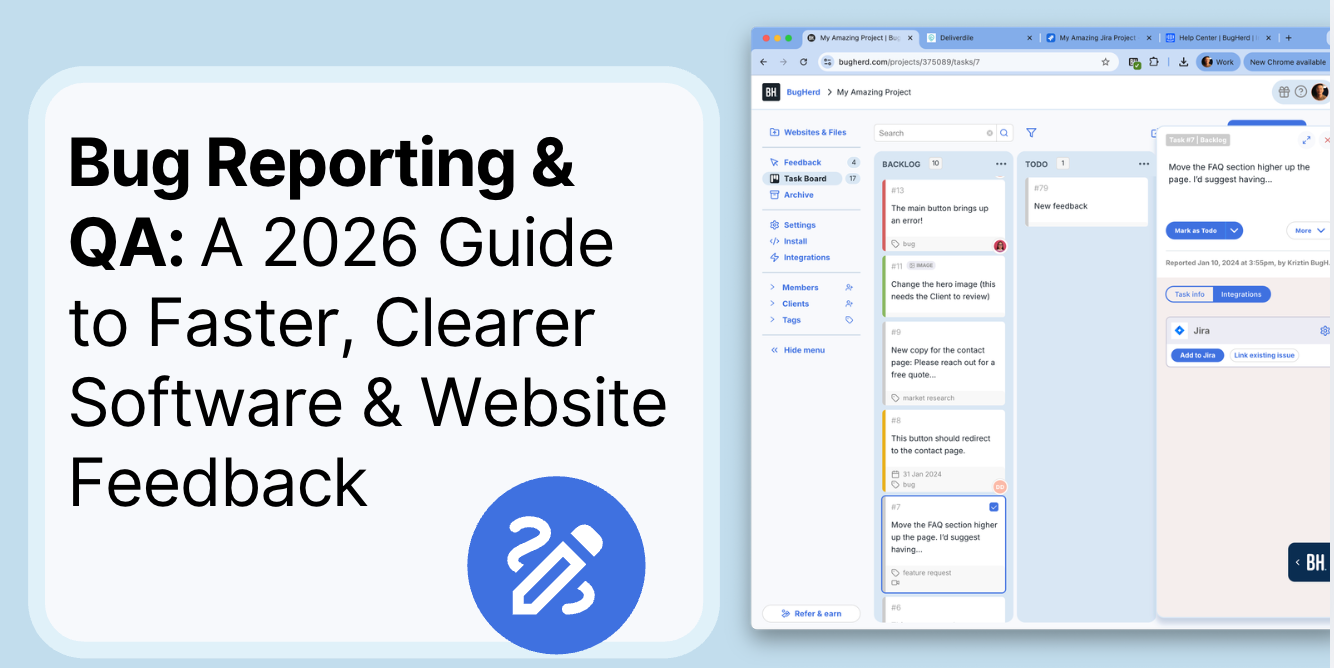

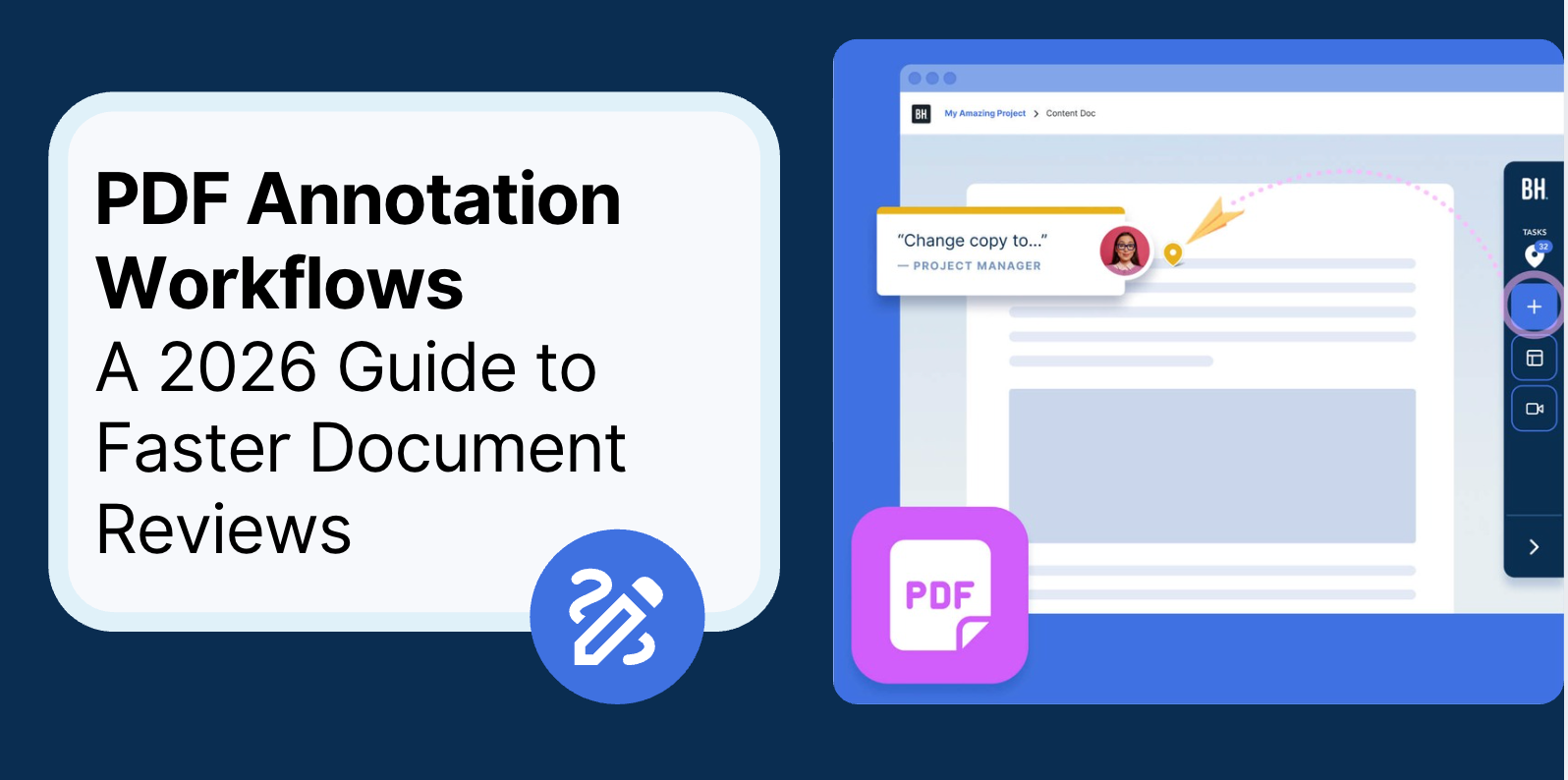
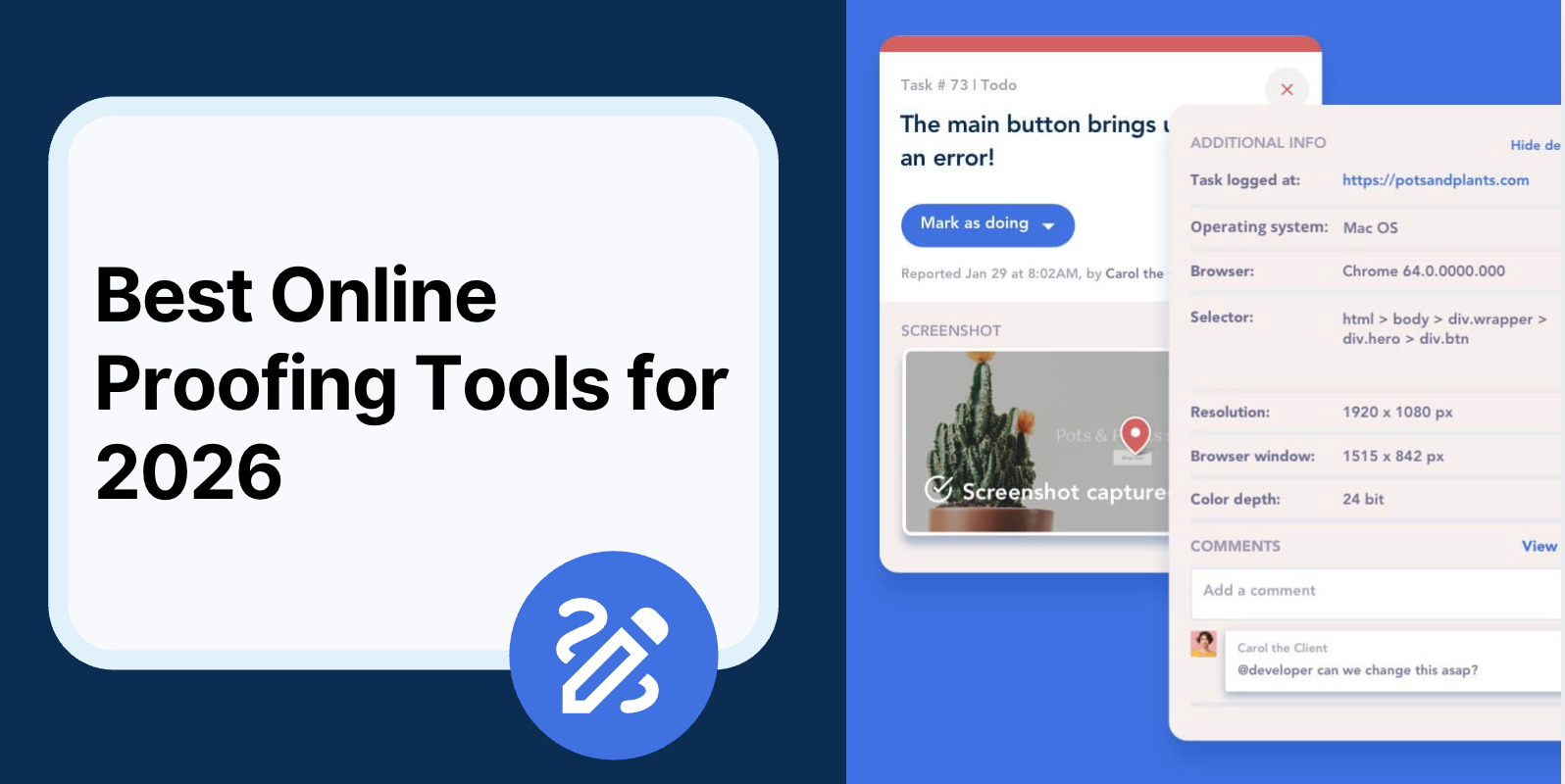
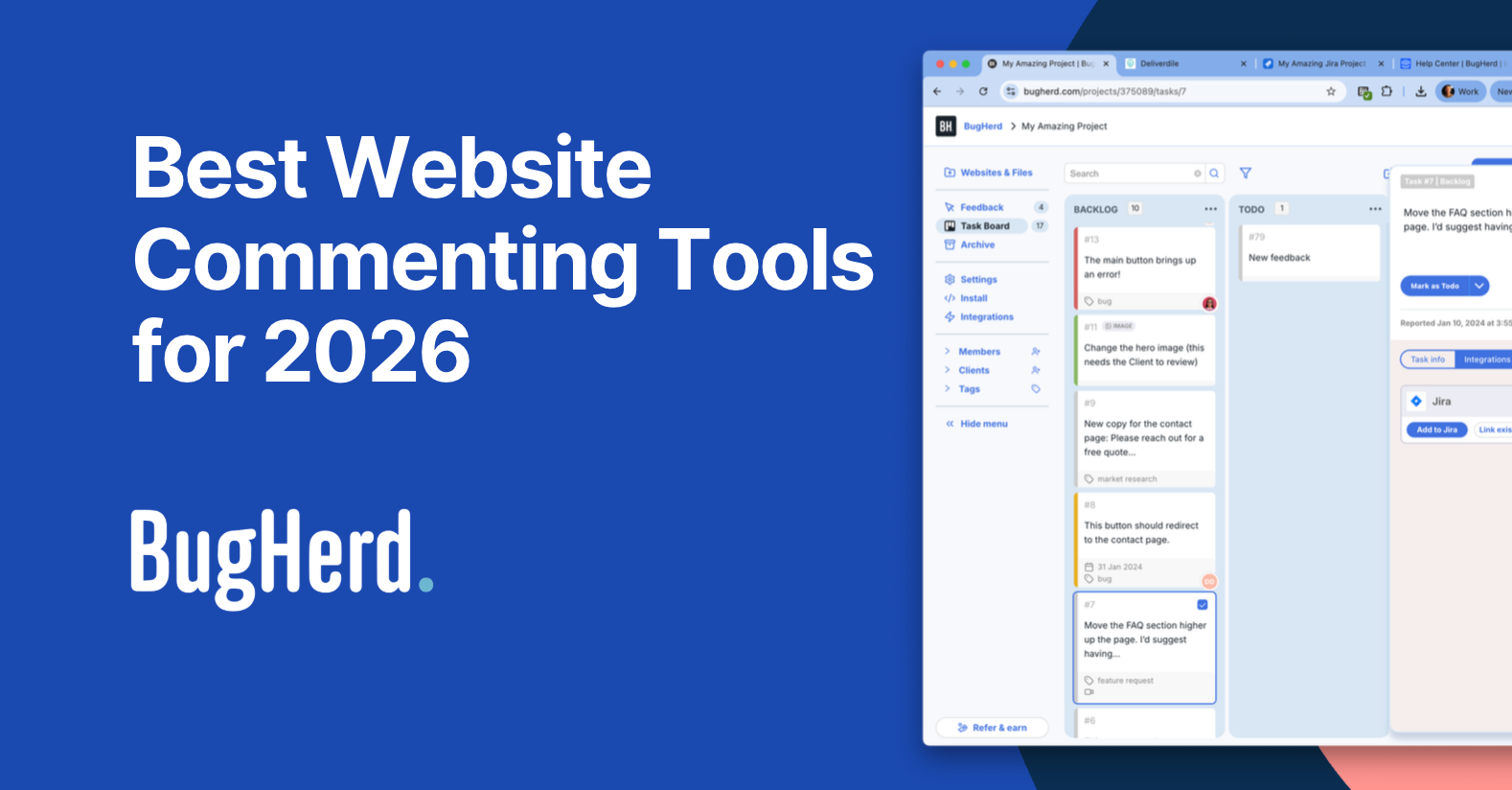
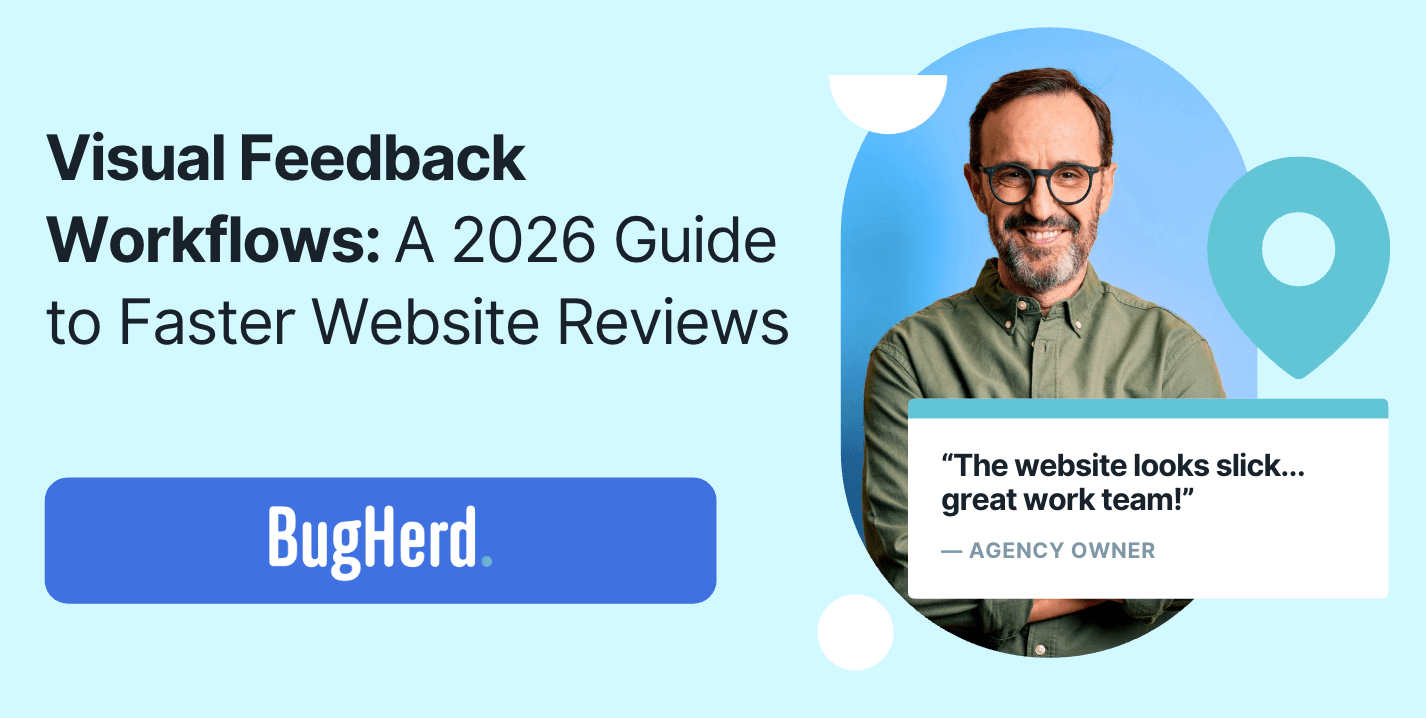



But don't just take our word for it.
BugHerd is loved by 10,000+ companies,
350,000+ users across 172 countries.
4.8/5
4.7/5
4.5/5
5/5
8.7/10
Sam Duncan 📱📏 🌱
@SamWPaquet
"@bugherd where have you been all my life??
We just migrated our bug tracking over from Asana and have at least halved our software testing time🪳👏📈. "
Ashley Groenveld
Project Manager
“I use BugHerd all day every day. It has sped up our implementation tenfold.”
Sasha Shevelev
Webcoda Co-founder
"Before Bugherd, clients would try to send screenshots with scribbles we couldn't decipher or dozens of emails with issues we were often unable to recreate."
Mark B
Developer
“A no-brainer purchase for any agency or development team.”
Kate L
Director of Operations
"Vital tool for our digital marketing agency.”
Paul Tegall
Delivery Manager
"Loving BugHerd! It's making collecting feedback from non-tech users so much easier."
Daniel Billingham
Senior Product Designer
“The ideal feedback and collaboration tool that supports the needs of clients, designers, project managers, and developers.”
Chris S
CEO & Creative Director
“Our clients LOVE it”
Emily VonSydow
Web Development Director
“BugHerd probably saves us
at least 3-4hrs per week.”